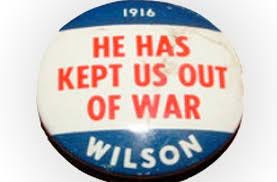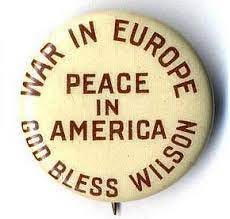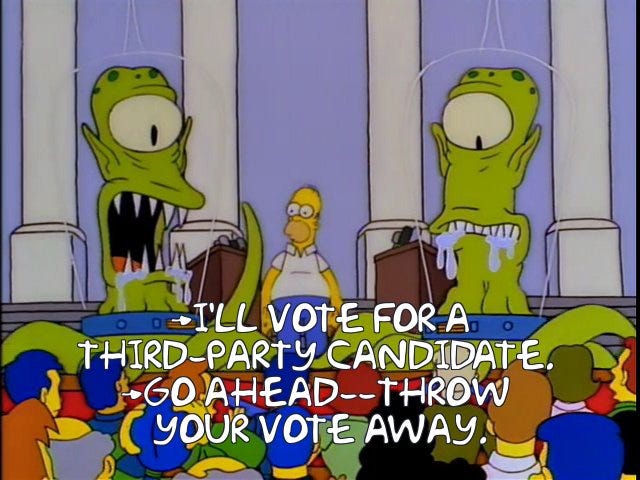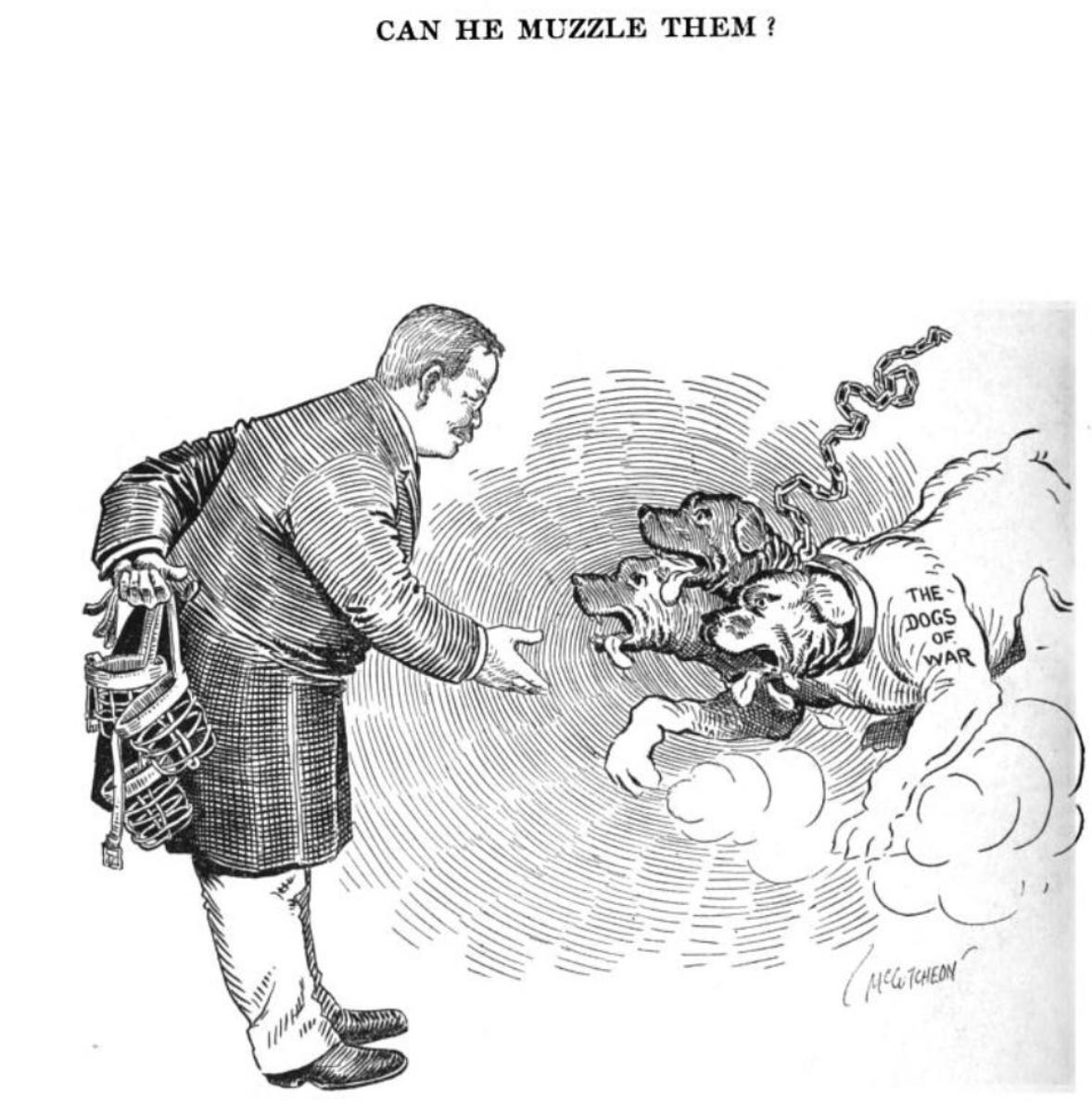Notes towards an alternate history: Teddy Roosevelt
What if Washington (and T.R.) ran for a third term?
Or what if Washington should close his scene,
Could none succeed him?—Is there not a Greene?
•Jonathan Odell, The American Times (1779).
I don’t have to tell you that George Washington served two terms and then stepped down.
Maybe he stepped down to follow his ideal, Cincinnatus, who took power to save Rome and then went back to farming when his job was done. Maybe he stepped down because he was used to unanimous adulation and after eight years with Washington in charge a feisty populace occasionally dared to criticize him. But regardless of motive, he left. He left us a farewell address, an unfinished portrait, a complicated legacy—perhaps most importantly he left us a democracy, and not some kind of quasi-monarchy—and he left us the custom of stepping down after two terms. Everyone followed the custom until Roosevelt threw precedent and caution to the wind and ran for a third term.
I mean Teddy Roosevelt, of course. Who else?
An anarchist assassin ended William McKinley’s presidency in 1901 and made VP Roosevelt the youngest man ever to become president.
Roosevelt’s in the White House. He’s doing his best.
McKinley’s in the graveyard. He’s taking his rest.
In 1904, Roosevelt swept every state except the old CSA Democratic diehards. Even though he had not yet served four full years (McKinley having not been assassinated immediately upon assuming office), he nevertheless proclaimed: “The wise custom which limits the President to two terms regards the substance and not the form. Under no circumstances will I be a candidate or accept another nomination.” Ha ha! He probably meant almost no circumstances, because in 1912 his hat was back in the ring.
Teddy had stepped down in 1908 in favor of his had-picked successor, Secretary of War William Howard Taft. Things did not go well, and by 1912 Teddy was insisting the Republican ticket should feature him, and not Taft, at its head.
Nothing was going to stop T.R. when he had his dander up! The Republicans refused to let Teddy run instead of Taft, but Teddy just started a new party, the Progressive, or Bull Moose Party. William McKinley’s vengeful ghost prompted a man named John Flammang Schrank to shoot Teddy down as he was about to give a campaign speech; but Teddy did not go down! “It takes more than that to kill a Bull Moose,” he said, and delivered his speech anyway, after opening his jacket to display to the horrified crowd his bloodstained shirt.
(The vengeful ghost thing was what Schrank himself claimed. Later, T.R. would question whether the failed assassin was really as crazy as he claimed, pointing out that the alleged madman “had quite enough sense to avoid shooting me in any Southern State, where he would have been lynched, and he waited until he got into a State where there was no death penalty.”)
Indeed, nothing would stop T.R. except for America’s ongoing refusal to vote for a third party candidate. Teddy lost the election and had to go explore Africa and Brazil and stuff. All he accomplished was splitting the Republican vote and throwing the election to Woodrow Wilson. And then two years later we got World War I.
Here’s Teddy in 1914: “The storm that is raging in Europe at this moment is terrible and evil; but it is also grand and noble.” Here he is on Wilson’s neutrality: “To be neutral between right and wrong is to serve wrong.” If there was ever a president who was eager to charge off on a romantic and idealistic crusade…that’s what Teddy had been preparing his whole life for!
Now, Teddy handed the reign to Taft in 1908 quite explicitly because of Washington’s example. He did not get the Republican nomination in 1912 because Taft the incumbent controlled the party machine. Without Washington’s precedent, Teddy would have been the incumbent in 1912. He would have beaten Wilson—not one in American history has ever defeated a Roosevelt in a fourth-term election—which means he would have held the reins of state in 1914, when the Huns went rampaging through Belgium to the outrage of the Rest of the World.
There will have been a thousand changes in American history if certain presidents do not step down, or even try to. Second-termers will have been more cautious, one eye always on reelection. Some people will refuse to give up the presidency. Others (Polk, for example) will be exactly the same in every way. But let’s focus on Teddy. Teddy’s no Polk; he stays in power. And in 1914, or soon after he does not (as W.W. bragged) keep us out of war.


The early months of World War I were bad, and drove Europe insane for years to come, and under Wilson the US dodged them; under Roosevelt, the US would not. In the Wilsonverse, the US went insane a little after WWI, too, but that was only because culturally it was still taking its cue from Europe; under Roosevelt the insanity would be not secundum quid but simpliciter.
Worse still, the arrival of fresh Yankee troops “over there” was a big boon to the Allies, at a time when Germany had just neutralized one front of its two-front war, allowing its troops from the Eastern Theater to tush west. That could have gone badly for France, but the Americans shifted the balance of Powers against the Central—something they could not have done had they arrived, and been bloodied, in 1914. Reinforcements are supposed to come at the opportune moment, not in the first five minutes; that’s Reinforcements 101. Without that 1917 injection the war could have dragged on longer (which would have been bad).
On the other hand, T.R. got a literal Nobel Prize for negotiating peaces, while Wilson, touring the sights of Europe with his fly open and jaw slack, squandered his opportunity to turn the Armistice into something other than a twenty-year interregnum—a “long weekend,” in Robert Graves memorable phrase—a fumble by Wilson that proved to be even deadlier than the whole Great War.
So imagine a world where WWI was twice as bad as it was, but WWII never happened.
If the Great War drags on long enough, will a revitalized Soviet Russia come charging back across Poland (or “Poland”)—not to help the Allies, but just to gobble up more land for Marx or Mother Russia? Will it last to 1931, at which point Japan is invading Manchuria and the war has effectively bled into WWII? Will the war only end when Allied bombers drop the Bomb on Berlin?
Or will Teddy Rough-Ride the US into a quick victory in 1914, eliminating almost all our woes—no Nazis so no Holocaust so no Israel so no Middle East Crises; no WWII so no nuclear arms race so no duck’n’cover doomsday fear; no Bolshevik revolution so no Cold War and no World Communism with its collection of enduring totalitarian states? Stalin and Hitler and Franco and Pol Pot and Kim and all the devils of the twentieth century…can T.R. muzzle them?
[“The wise custom”: H.W. Brands, T.R. (Basic, 1997) p. 514; “it takes more than that”: ib. p. 721; “quite enough sense”: “John Flammang Schrank”; 1914: Brands pp. 752 & 754.]




